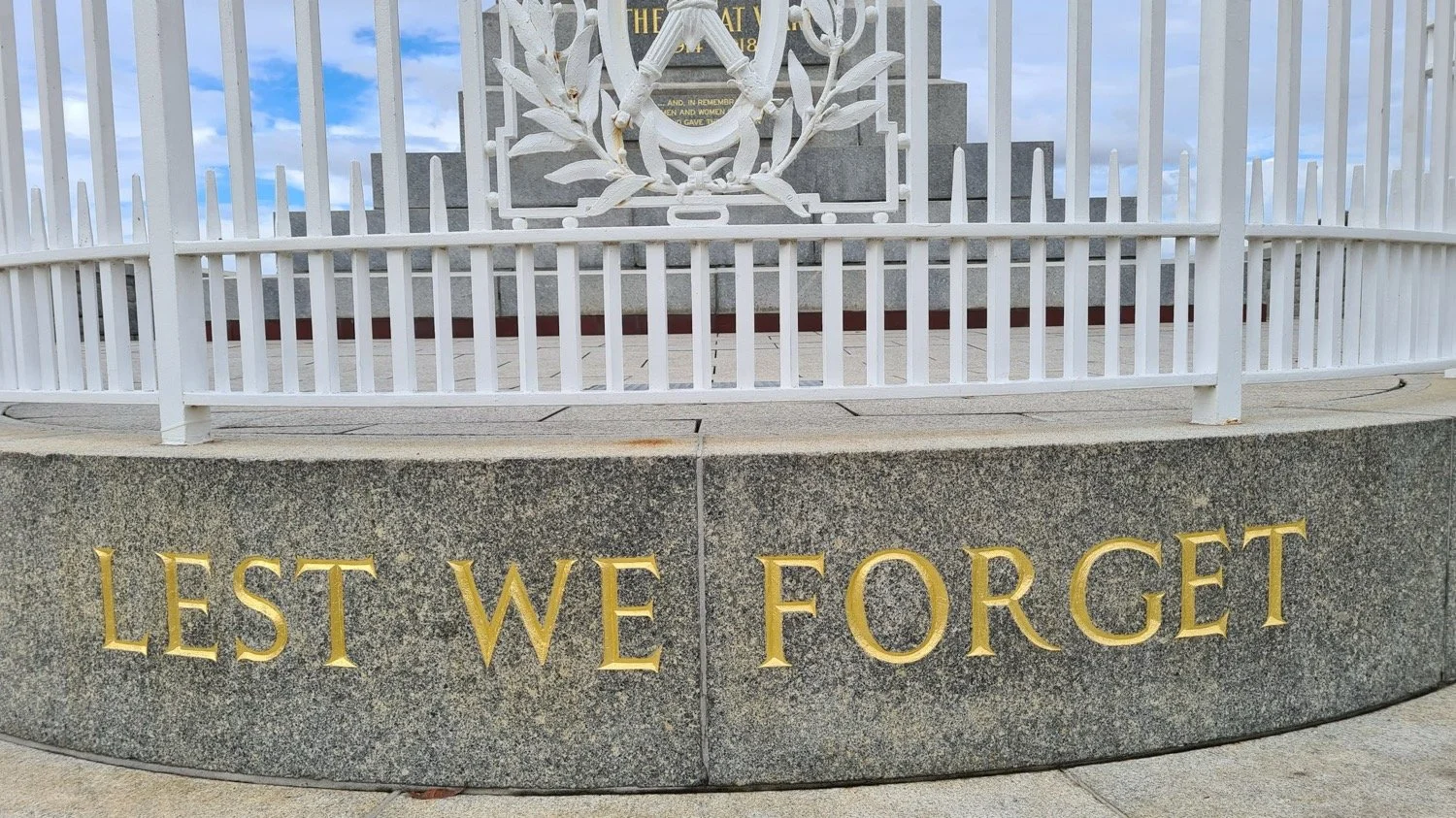Readings for today: Ezekiel 39:1-40:27, James 2:18-3:18, Psalms 118:1-18, Proverbs 28:2
One of the great scandals of the western church is the number of Christians who confess Jesus with their lips but deny Him with their lives. They say they believe in Jesus but only in the abstract. They claim to have faith in God but only if He remains distant and uninvolved in our lives. They claim saving faith but never submit their lives to Christ. We call them “nominal” Christians. “C&E” (Christmas and Easter) Christians. “Cultural” Christians. Mainly because we don’t want to appear judgmental. The Apostle James, on the other hand, pulls no punches. “Faith apart from works is dead.” (James 2:26)
What does it mean to believe in God? The Apostle Paul wrote in Romans 10:9, “if you confess with your mouth that Jesus is Lord and believe in your heart that God raised him from the dead, you will be saved.” That seems clear enough except that far too many use this verse as an excuse NOT to obey God’s commands which certainly wasn’t what Paul had in mind. Clearly in James’ day, he was dealing with Christians who claimed a right belief in God but didn’t follow it up with right practice. This is why James makes this extraordinary statement, “You believe that God is one; you do well. Even the demons believe—and shudder!” (James 2:19) He’s speaking to both the Jewish and Gentile believers of his own time and pointing out it isn’t enough to hold to an intellectual belief in the nature and character of God. Even the demons understand God’s divine nature! One must submit their life to God as well.
His argument is a persuasive one and deeply biblical. For support, he draws on the Abraham, the great paradigm of faith, and Rahab who ended up in the lineage of Christ. He makes the point that saving faith in their lives resulted in works. In fact, one would not be able to say that “Abraham believed God” unless Abraham willingly demonstrated that belief by offering up his only beloved son. In the same way, one would not be able to say that “Rahab believed God” unless she willingly demonstrated that belief by hiding the spies of Israel and sending the authorities on a wild goose chase. In both cases, faith was active alongside their works and faith came to completion or fulfillment by their works.
Now I can already hear the protests. What about grace? I thought we were saved by grace alone through faith alone in Christ alone? Absolutely we are! But what is equally clear is that salvation changes us. It transforms us. It gives us a new heart with new desires. A new spirit with new passions. We find ourselves longing to do God’s will. Longing to serve God’s purposes. Longing to follow God’s commands. Jesus Himself says, “If you love me, keep my commandments.” (John 14:15)
When we try to separate our faith from our works, we are exposing our lack of true, saving faith. If we approach faith looking for the absolute minimum we need to do to be saved, we are not saved at all. It’s like trying to separate the body from the soul according to James. Such a dis-integration of the human being would result in death. The same is true when we try to separate our faith from our works.
So where do you find yourself this morning? Are you willing to take a ruthless self-inventory? Does your faith change the way you live your daily life? Does being a Christian make you a different spouse? Different parent? Different student? Different employer or employee? Does it make a you a different friend? Do you find yourself longing for worship? Longing for time with God? Longing to read His Word? Longing for prayer? Do you actively seek to submit every area of your life to His Law? Are you grieved over your sin? There is no better time than the present to repent, friends. Fall on your face before the Lord who loves you and gave His life for you. Turn to Him. Ask Him for forgiveness. Ask Him for the strength and wisdom and humility to submit to His will and His way. Confirm your saving faith with your work and rest in the assurance of salvation Christ will bring!
Readings for tomorrow: Ezekiel 40:28-41:26, James 4, Psalms 118:19-29, Proverbs 28:3-5




